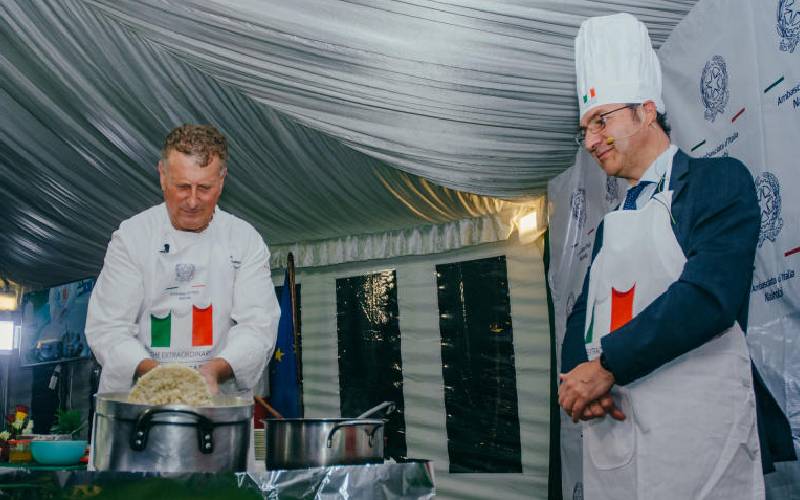×
The Standard e-Paper
Fearless, Trusted News

The Italian Cuisine week is an initiative of the Italian Ministry of Foreign Affairs and International Cooperation. [Courtesy]
The sixth edition of World Week of Italian Cuisine happened last week, with events held mostly online and in limited physical gatherings.